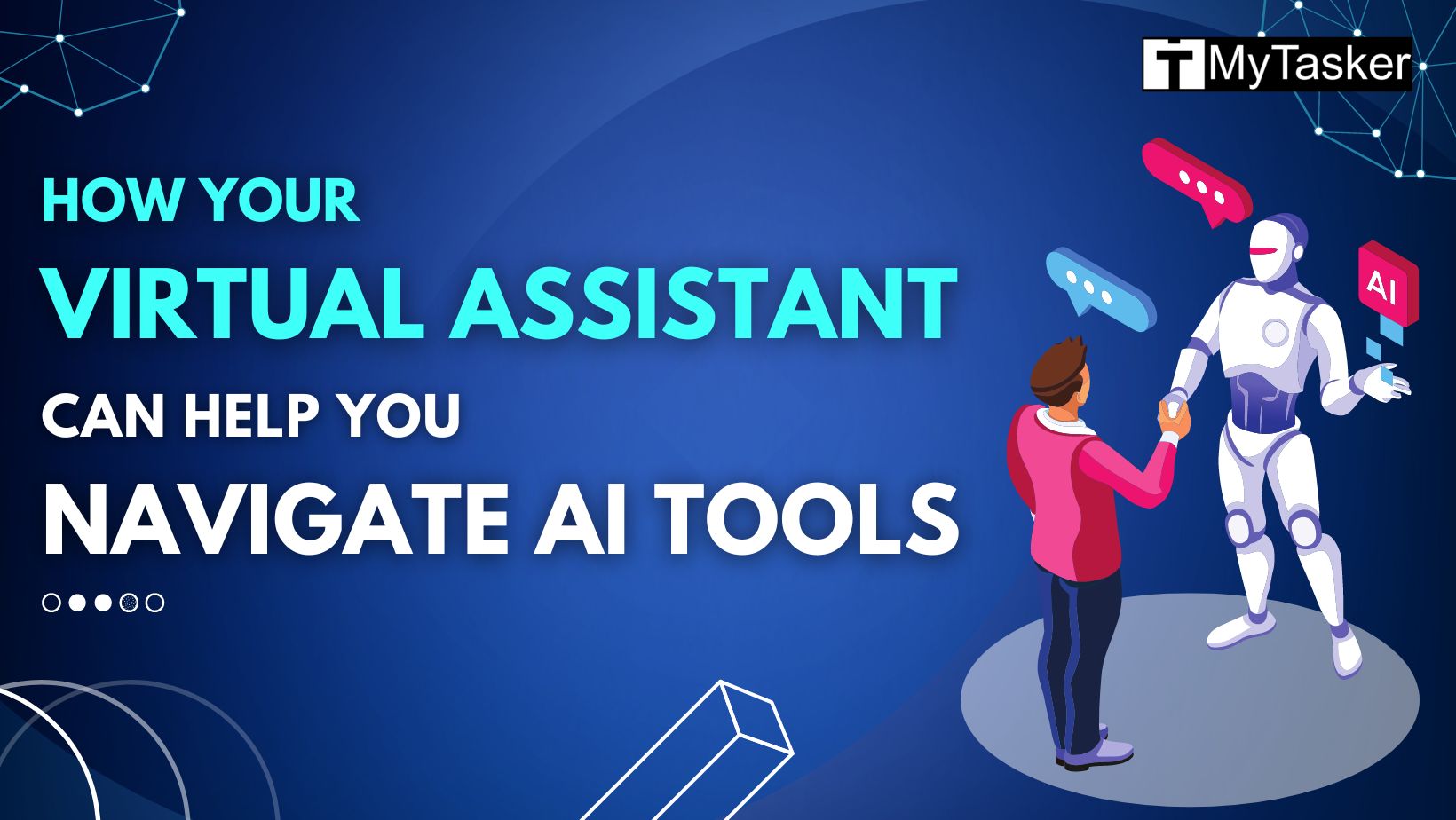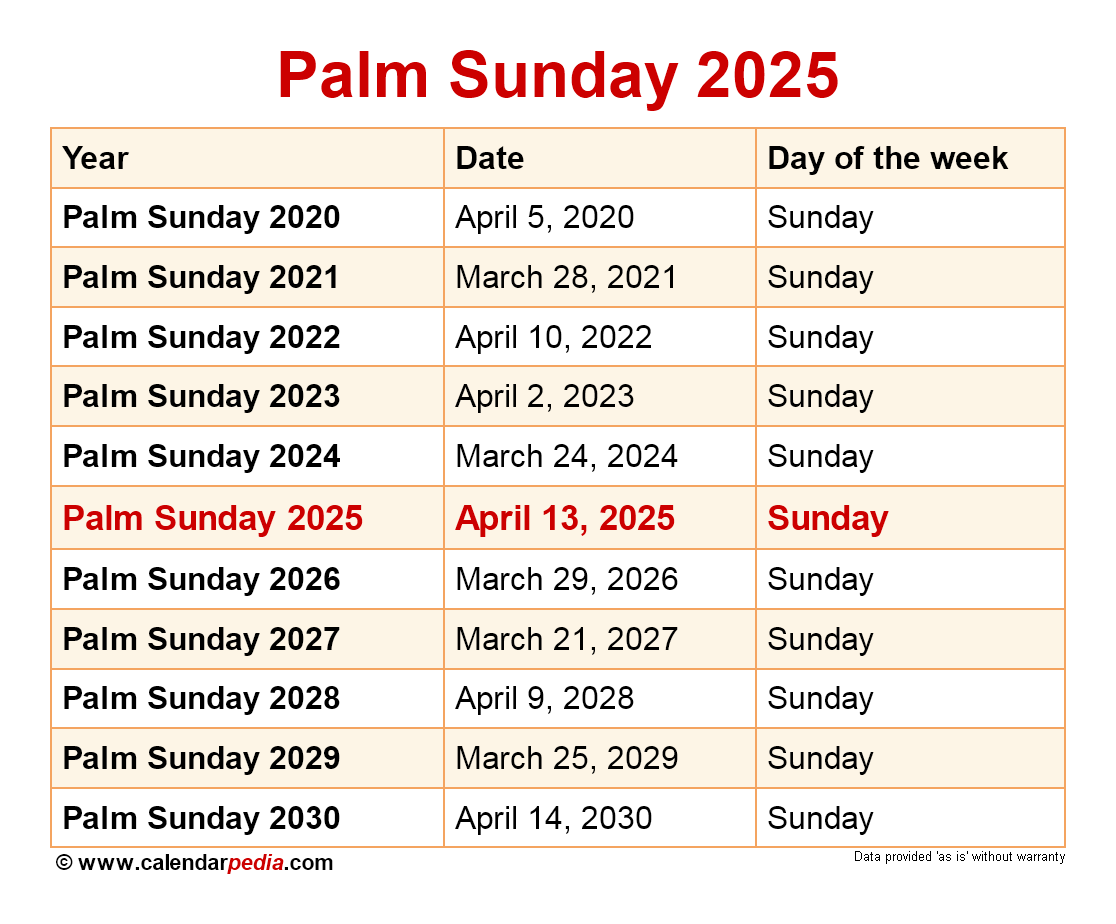Accessibility Concerns Rise Amidst Game Industry Contraction

Table of Contents
The Impact of Budget Cuts on Accessibility Features
Reduced budgets directly translate to fewer resources dedicated to making games accessible to players with disabilities. This has a cascading effect across the entire development process. Accessibility, often considered a secondary concern, is frequently the first casualty of budget constraints.
-
Fewer resources allocated to accessibility testing: Thorough testing with assistive technologies and disabled gamers is crucial to identify and fix accessibility issues. Budget cuts often mean less time and fewer resources dedicated to this vital stage, resulting in a less inclusive final product. This can lead to the release of games with significant accessibility barriers that impact the player experience negatively.
-
Reduced development time for accessibility options: Creating robust accessibility options, such as customizable controls, subtitles, and alternative input methods, requires significant development time and expertise. Budget pressures often force developers to prioritize core gameplay features over accessibility, leaving many players with disabilities unable to enjoy the game.
-
Prioritization of core gameplay features over accessibility: In a cost-cutting environment, the focus invariably shifts to the core gameplay loop. Accessibility features, often viewed as non-essential additions, get deprioritized or even entirely cut, impacting the potential audience significantly. This leads to a loss of potential customers and a less inclusive gaming experience overall.
-
Lack of specialized accessibility consultants: Experienced accessibility consultants are essential for ensuring games meet high accessibility standards. Their expertise in assistive technologies and inclusive design is invaluable. Budget cuts often lead to the elimination of these roles, hindering the development of truly accessible games.
Examples of games facing accessibility feature delays or cutbacks due to budget constraints are increasingly common, highlighting the urgency of addressing this issue. This trend threatens the progress made in inclusive game design over recent years.
The Growing Demand for Accessible Gaming
The number of gamers with disabilities is substantial, representing a significant and underserved market. These players crave inclusive experiences that allow them to fully participate in the world of video games. Ignoring this segment represents a massive missed opportunity.
-
Statistics on the size of the disabled gamer community: While precise figures vary, estimates consistently show a substantial percentage of gamers live with various disabilities. This represents a sizeable audience ready and willing to engage with games provided they are designed inclusively.
-
Examples of successful accessible games and their positive impact: Games that prioritize accessibility not only cater to a wider audience but often receive critical acclaim and strong sales figures, demonstrating the market potential of inclusive game design. Games like The Last of Us Part II and Spider-Man: Miles Morales have been praised for their strong accessibility options.
-
Discussion on the economic potential of inclusive game design: Investing in accessibility is not just an ethical imperative but also a financially sound business decision. By creating games that cater to a broader audience, developers and publishers can tap into a significant and currently underserved market, driving both sales and brand loyalty.
-
Mention advocacy groups and their efforts: Organizations like the AbleGamers Charity actively advocate for better game accessibility, highlighting the importance of inclusivity within the gaming community. Their work is crucial in bringing attention to the issues faced by disabled gamers.
By ignoring the demand for accessible gaming, the industry risks alienating a significant portion of potential players and losing out on substantial revenue opportunities.
Maintaining Accessibility Standards During Economic Downturns
Maintaining accessibility standards during economic downturns requires a strategic approach focusing on efficiency and collaboration. It’s not about eliminating accessibility features but about optimizing their implementation.
-
Prioritizing key accessibility features based on player feedback: Focus on implementing the accessibility features most requested and impactful for the broadest range of players. Gathering feedback from disabled gamers is crucial in making these informed decisions.
-
Utilizing open-source accessibility tools and libraries: Leveraging free and open-source tools can significantly reduce development costs without compromising quality. Many excellent resources are available to streamline the accessibility development process.
-
Collaborating with accessibility experts and communities: Working with accessibility experts and disability communities can provide valuable insights and guidance, ensuring that accessibility features are effective and genuinely inclusive.
-
Implementing agile development methods to incorporate feedback efficiently: Agile methodologies allow for iterative development and rapid incorporation of user feedback, making it easier to address accessibility issues effectively even under budget constraints.
Prioritizing accessibility early in the development process can often save significant costs down the line by avoiding costly bug fixes and re-work. Investing in accessibility upfront yields long-term cost benefits.
The Role of Game Developers and Publishers
Game developers and publishers bear a significant ethical and business responsibility in ensuring accessible games. It's not merely a matter of compliance but a commitment to inclusivity.
-
Importance of inclusive design principles from the initial concept phase: Accessibility should not be an afterthought but an integral part of the game's design from the very beginning.
-
Setting accessibility goals and measuring progress: Establishing clear accessibility goals and tracking progress throughout the development process ensures that the project stays on track.
-
Transparency with the gaming community regarding accessibility features: Open communication with the gaming community about accessibility features, both planned and implemented, fosters trust and encourages feedback.
-
Promoting a culture of accessibility within development teams: Building a culture that values accessibility within the development team ensures that everyone is aware of the importance of inclusivity and works towards the shared goal.
Conclusion
Budget cuts negatively impact game accessibility, yet the disabled gamer community represents a significant and growing market. Maintaining accessibility standards is crucial, even during economic hardship. Prioritizing accessibility offers both ethical and financial advantages. The long-term benefits of inclusive design far outweigh any perceived short-term costs. We urge game developers, publishers, and players to advocate for accessible gaming and prioritize inclusivity, even in challenging economic climates. Support developers committed to accessibility and demand improved standards for game accessibility. Let's continue the discussion around game accessibility and its importance to the industry's future. Let’s make gaming truly inclusive for everyone.

Featured Posts
-
 Open Ais 2024 Event Easier Voice Assistant Creation Tools Unveiled
May 23, 2025
Open Ais 2024 Event Easier Voice Assistant Creation Tools Unveiled
May 23, 2025 -
 Hollywood Legends Iconic Performances Debut And Oscar Winner Available On Disney
May 23, 2025
Hollywood Legends Iconic Performances Debut And Oscar Winner Available On Disney
May 23, 2025 -
 Royal Albert Hall To Host Grand Ole Oprys First Ever International Show
May 23, 2025
Royal Albert Hall To Host Grand Ole Oprys First Ever International Show
May 23, 2025 -
 Emissary Claims Hamas Deception The Witkoff Story
May 23, 2025
Emissary Claims Hamas Deception The Witkoff Story
May 23, 2025 -
 The Future Of Museum Programs Uncertain Following Trump Era Budget Reductions
May 23, 2025
The Future Of Museum Programs Uncertain Following Trump Era Budget Reductions
May 23, 2025
Latest Posts
-
 Dallas Chef Tiffany Derrys Master Chef Judging Return
May 23, 2025
Dallas Chef Tiffany Derrys Master Chef Judging Return
May 23, 2025 -
 The Last Rodeo An Interview With Neal Mc Donough About Faith And Film
May 23, 2025
The Last Rodeo An Interview With Neal Mc Donough About Faith And Film
May 23, 2025 -
 Exclusive Neal Mc Donough On His Bull Riding Video Training
May 23, 2025
Exclusive Neal Mc Donough On His Bull Riding Video Training
May 23, 2025 -
 Memorial Day 2025 Are Publix And Other Florida Stores Open
May 23, 2025
Memorial Day 2025 Are Publix And Other Florida Stores Open
May 23, 2025 -
 Find The Best Memorial Day 2025 Sales A Comprehensive Guide
May 23, 2025
Find The Best Memorial Day 2025 Sales A Comprehensive Guide
May 23, 2025
